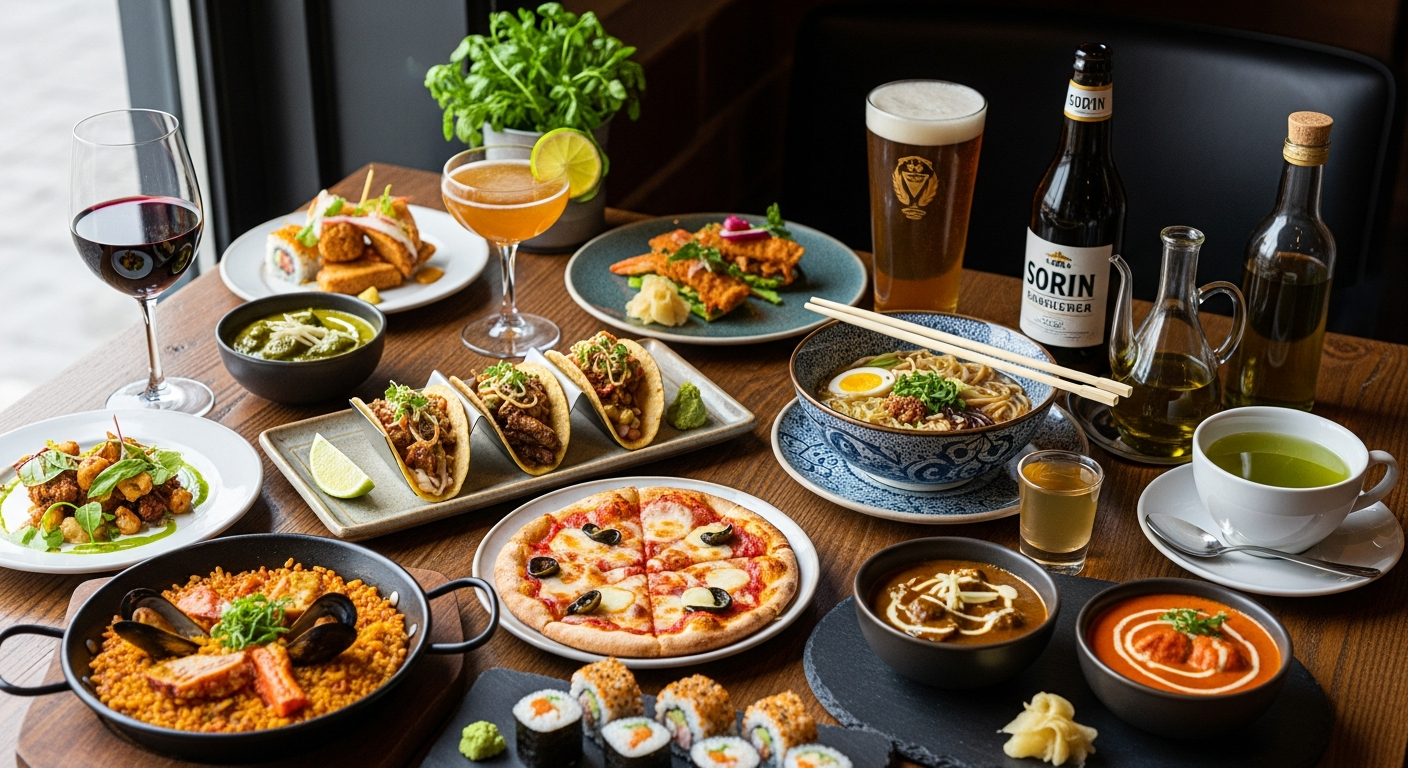The Phenomenon of Slow Living: A Sociocultural Perspective
The fast-paced, high-stress lifestyle of the modern world is gradually being counteracted by a growing cultural trend known as slow living. This lifestyle movement, which champions a slower, more mindful approach to daily life, is reshaping societal norms and values in intriguing ways. Read below to uncover the origins, implications, and insights of this fascinating sociocultural shift.

A Historical Overview of Slow Living
The concept of slow living is not new. In fact, it has its roots in the “slow food” movement that began in Italy in the late 1980s as a response to the rise of fast food and fast life. The slow food movement was not only about enjoying the process of cooking and eating but also about a greater appreciation for local produce and traditional cooking methods. Over time, this concept has expanded beyond food to encompass a broader lifestyle approach known as slow living.
Slow Living in the Modern Society
Slow living has gained significant traction in recent years, particularly in western societies. This lifestyle movement emphasizes mindfulness, simplicity, and the deliberate, appreciative engagement with life’s everyday moments. In an era characterized by technology-driven speed and efficiency, the slow living movement encourages individuals to step back, slow down, and prioritize their well-being.
The Sociological Significance of Slow Living
The rise of slow living is reflective of a broader societal shift towards increased self-awareness and mindfulness. This trend can be viewed as a collective response to the pressures of modern life, providing an alternative to the relentless pace of contemporary society. It encourages a reevaluation of personal priorities, fostering a culture that values quality over quantity and relationships over material possessions.
The Impact of Slow Living on Modern Society
Slow living is not just a personal practice; it has significant societal implications. This movement is influencing everything from consumer habits to urban planning. There’s a growing demand for products and services that align with slow living principles, which in turn is pushing businesses to adopt more sustainable practices. Additionally, this lifestyle trend is influencing urban planning with an emphasis on creating spaces that foster community engagement and a slower pace of life.
Towards a Slower Future
As society continues to grapple with the stresses of modern life, the slow living movement offers a refreshing alternative. It challenges the status quo and prompts individuals to rethink their lifestyle choices. It holds the potential to reshape societal norms, offering a path towards a more mindful, intentional, and sustainable future.
In conclusion, slow living is more than a trend; it’s a cultural shift with profound implications for society. It’s a collective response to the fast-paced modern world, offering a pathway towards a slower, more mindful, and ultimately more fulfilling way of life. By studying this cultural phenomenon, we gain valuable insights into the changing values and priorities of contemporary society.






